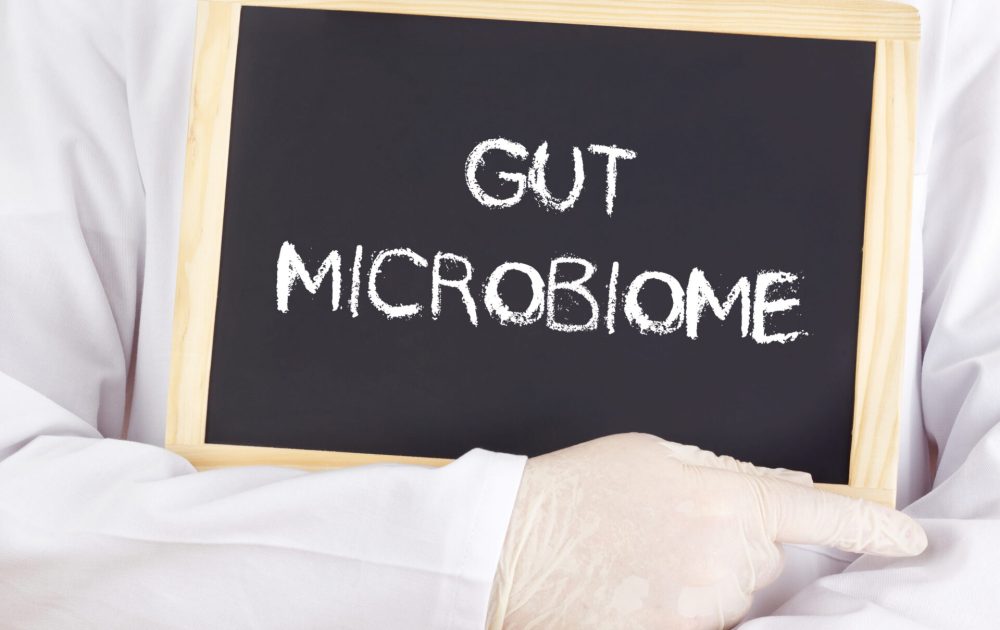Our test tells you which everyday chemicals you've recently come into contact with, and easy steps you can follow to reduce your exposure to them.
Can your guts make you happy?

It’s well known that the health of our guts, or microbiome, can significantly affect our overall health. The microbiome is made up of many trillions of bacteria, microbes, and viruses that live in our large intestine. A healthy microbiome can help us maintain healthy organs and bodily functions, but a relatively new microbiome group, known as psychobiotics are grabbing attention due to their potential ability to help to boost our mental health.
How do psychobiotics work?
Like probiotics, already known to have a positive effect on the overall health of microbiome, psychobiotics might have the potential to go one step further by improving our mental and emotional wellbeing as well.
When absorbed into the microbiome, psychobiotic microbes are thought to have a beneficial effect on our mental wellbeing. How it works is still uncertain, but the relationship between the actions of the microbiome and brain functions, known as ‘gut-brain axis’; many of us are familiar with the feeling when our guts are unsettled, and the anxiety this can cause.
Researchers think psychobiotics might have a positive effect on the pituitary and hypothalamus glands, potentially reducing how the body responds to stress. They think it’s possible that psychobiotic microbes, when present in our guts, could have a positive effect on the actions of the central nervous system, which plays a key role in how we’re feeling, and how well we function on a cognitive level.
What’s the evidence?
Research is in its early stages and led by animal studies, but reductions in stress levels have been noted when changes are made to gut bacteria levels. So far human studies rely on self-reported improvements following changes made in diet, including probiotic supplements.
One study found a correlation with a healthy diet and generally healthy environment (which act as regulators for a healthy biome). Another study followed two groups of volunteers. The group that followed a psychobiotic diet for four weeks reported lower levels of stress and improvements in sleep, especially in respondents who followed the diet very closely.
Sources of psychobiotic in food
Whilst there isn’t enough evidence yet to say whether psychobiotics alone can improve mental wellbeing, they can have a beneficial effect as part of a healthy lifestyle. The following foods groups are rich in psychobiotics – perhaps worth a giving them a try to boost your mood?
- Fermented foods such as kefir, kombucha, miso, sauerkraut, and probiotic yogurt.
- Grains and nuts.
- Fruit and vegetables high in prebiotic fibres such as leeks, cabbage, apples and bananas.
- Legumes and pulses such as chickpeas, lentils, beans and peas.
- Avoid foods grown using pesticides and herbicides to reduce your exposure to potentially harmful chemicals such as glyphosate.
- Avoid ultra processed foods.